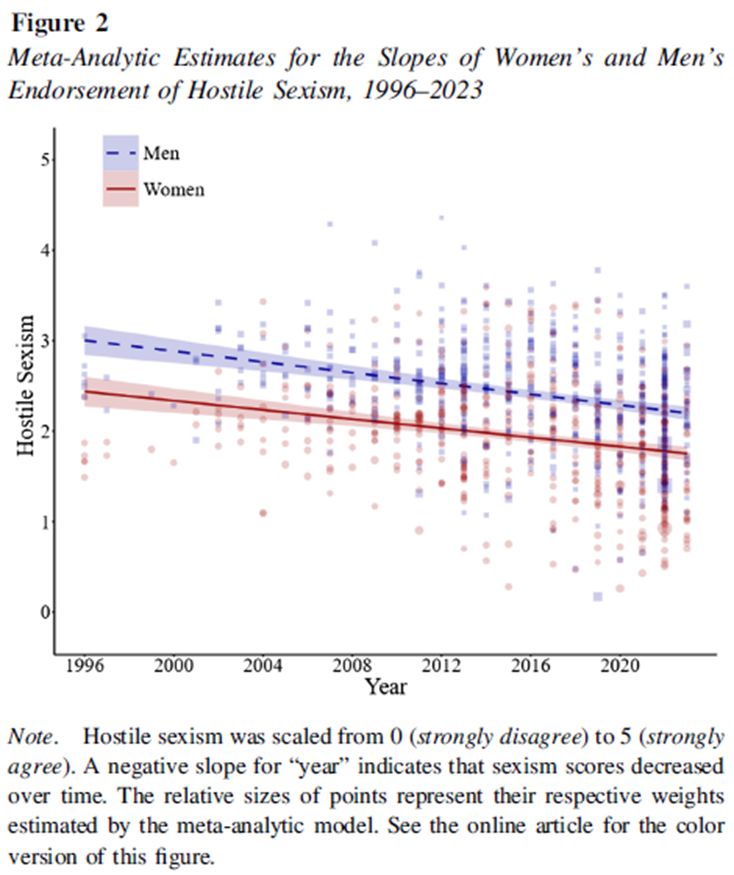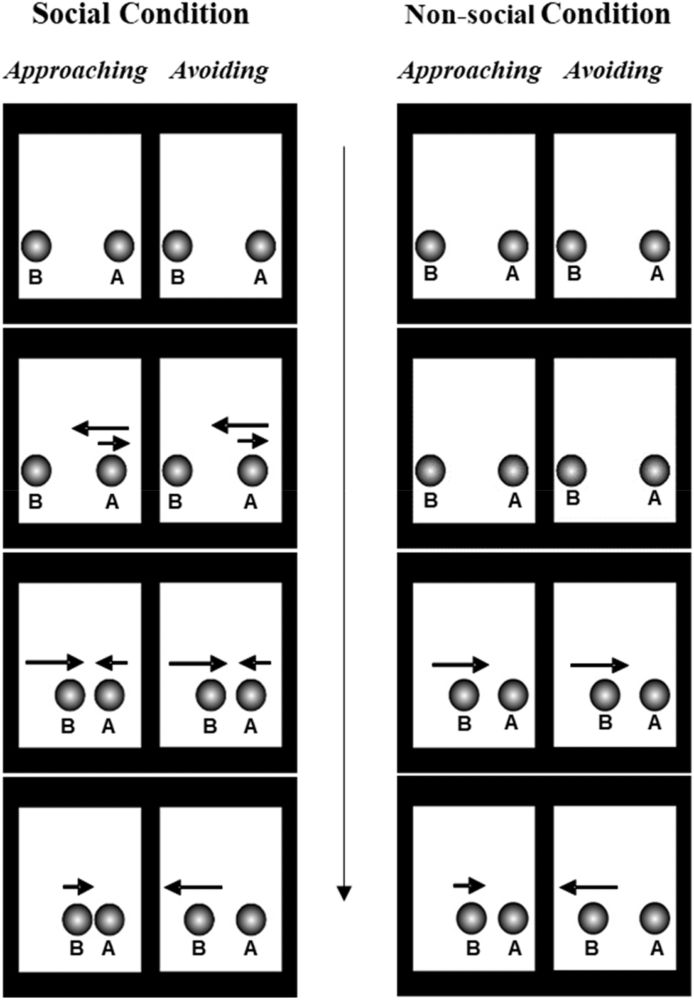Andrei Cimpian
@andreicimpian.bsky.social
290 followers
130 following
40 posts
Professor, Department of Psychology, New York University
Research: gender, stereotypes, motivation, explanation
President, @cogdevsoc.bsky.social
Married to @joecimpian.bsky.social
Website: https://cimpianlab.com
Posts
Media
Videos
Starter Packs
Pinned
Reposted by Andrei Cimpian
Reposted by Andrei Cimpian
Reposted by Andrei Cimpian
Reposted by Andrei Cimpian
Reposted by Andrei Cimpian
Reposted by Andrei Cimpian
KiDLAB
@kidlab.bsky.social
· 28d

Vacature — Student-Assistent (Lab Manager) KiDLAB: Onderzoek naar Zelfbeeld en Ongelijkheid
Wil je assisteren in onderzoek naar zelfbeeld en kansenongelijkheid bij kinderen? Dan zoeken wij jou als student-assistent (lab manager) bij KiDLAB (https://kidlab.nl/).
werkenbij.uva.nl
Reposted by Andrei Cimpian
Andrei Cimpian
@andreicimpian.bsky.social
· Aug 20
Reposted by Andrei Cimpian
Reposted by Andrei Cimpian



















